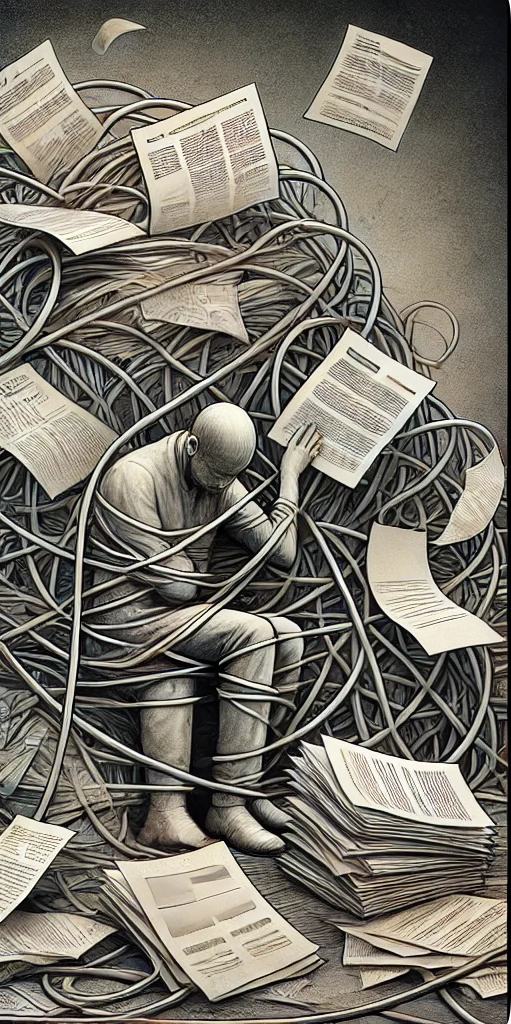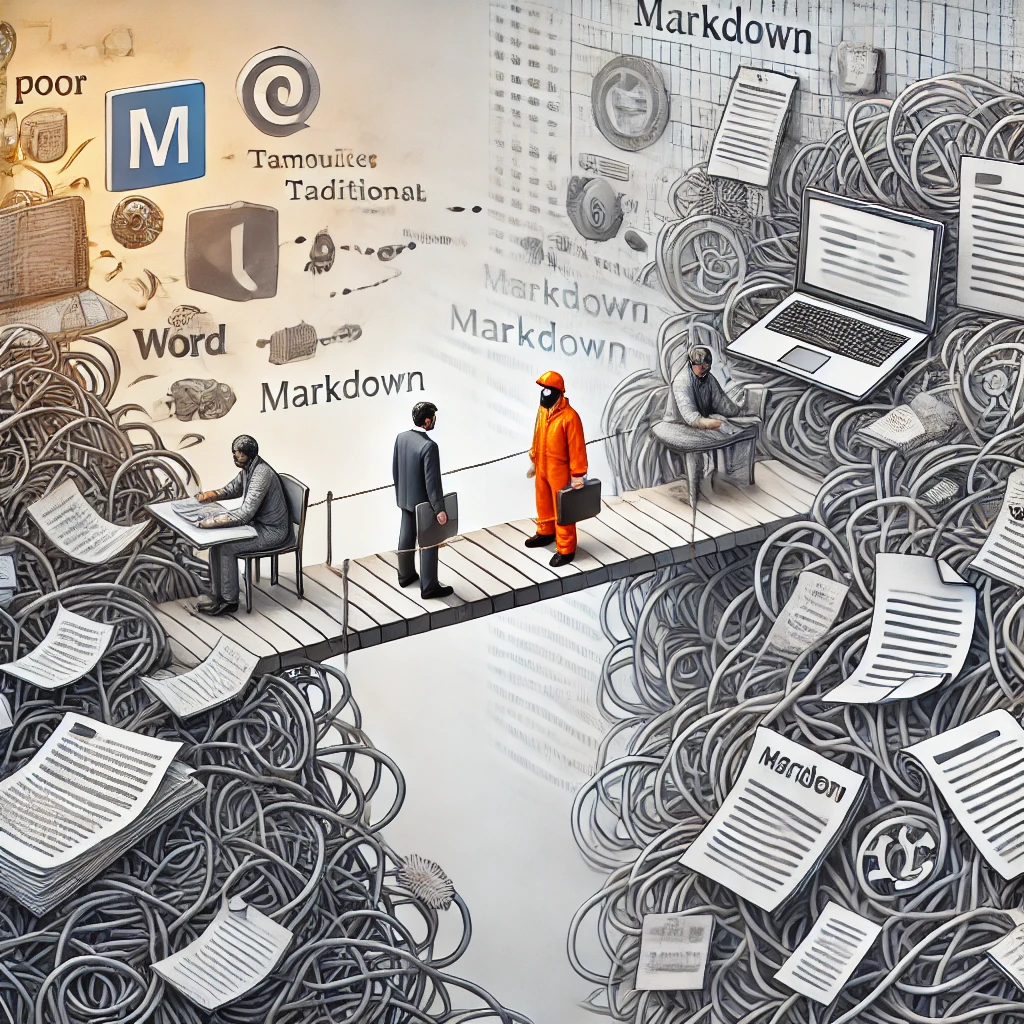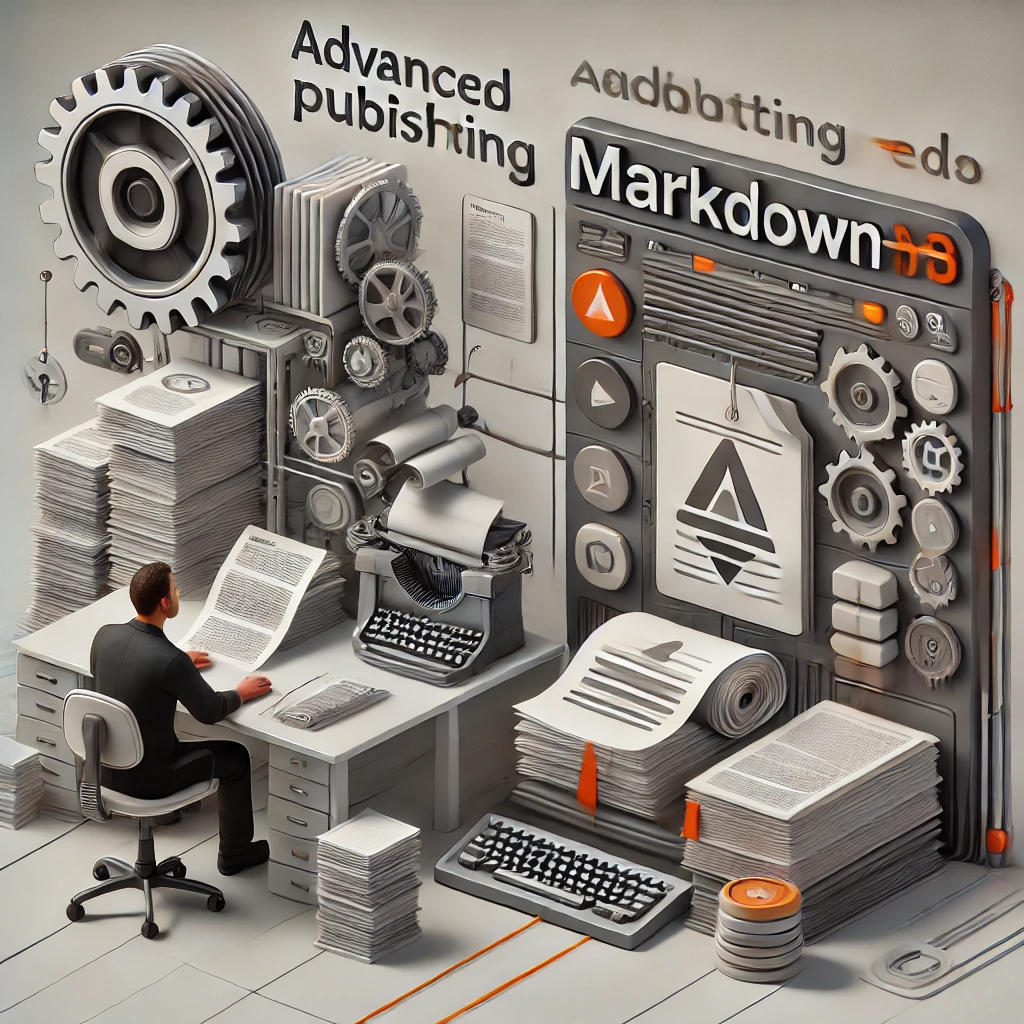As a Technical Documentation Writer, you’ve likely worked with tools like Word or FrameMaker for years. They’ve served their purpose well—but the landscape of technical writing is evolving, and so should the tools we use. The traditional chapter-based and title-driven formats are no longer equipped to meet the demands of modern documentation. Here’s why.
Time-Consuming and Cumbersome
 Traditional platforms can take major time to manage formatting, layouts, and organization. Every update or new release can involve tedious formatting
adjustments, slowing down your process.
Traditional platforms can take major time to manage formatting, layouts, and organization. Every update or new release can involve tedious formatting
adjustments, slowing down your process.
 By contrast, formats like Markdown simplify the process by focusing on information and relevant content, while leaving the structure and presentation to tools designed for automation, such as WebWorks ePublisher, which still provide you with control.
By contrast, formats like Markdown simplify the process by focusing on information and relevant content, while leaving the structure and presentation to tools designed for automation, such as WebWorks ePublisher, which still provide you with control.
Your energy should be spent creating a valuable, relevant message for your audience, not fighting formatting.
Poor and limited Collaboration
How often do you find yourself at odds with your development team when sharing information? Tools like Word and FrameMaker don’t integrate seamlessly with modern development environments, causing inefficiencies and breakdowns.

Markdown bridges this gap. It’s a lightweight, universal format used by developers everywhere, ensuring a seamless collaboration process. With everyone speaking the same language, you’ll eliminate bottlenecks and improve productivity.
Concerns About Advanced Needs?
We understand the concern that Markdown’s minimalist syntax may not fully meet the advanced publishing needs of many technical writers. However, structured formats like Markdown++—an enhanced version of Markdown developed by WebWorks—are specifically designed to overcome this limitation. By combining Markdown’s simplicity with powerful, advanced features, Markdown++ enables writers to produce sophisticated, complex documents effortlessly. As documentation evolves, Markdown++ offers a modern, future-ready solution, far surpassing the capabilities of today’s outdated, traditional tools.

While we’ll share more on Markdown++ in upcoming posts, now is the time to start asking yourself: is your current workflow holding you back?
The Future is Structured and Efficient
At WebWorks, we’re leading the transition toward structured, AI-powered workflows, designed to empower technical writers like you. Don’t let outdated tools keep you from staying competitive in this evolving industry. The future of documentation is more efficient, collaborative, and powerful. It will be exciting, and you can be part of it.
Take the next step:
Read some more of our blogs. Want to explore more about how AI and Markdown can meet your documentation needs? We invite you to dive deeper into our blog series or join our Discord channel
Join the Discussion on Discord in the genneral channel. Where we discuss these concerns and share insights about the future of technical writing. If you want a topic to start with, this blog was converted into HTML from a Markdown file. Go to our Discord channel and ask us about it.
